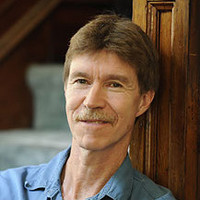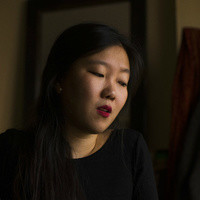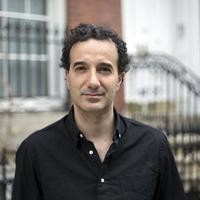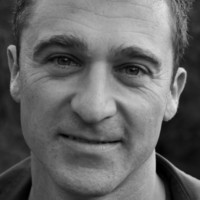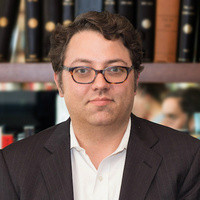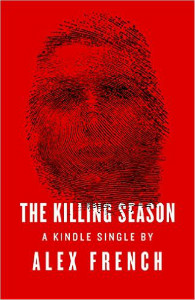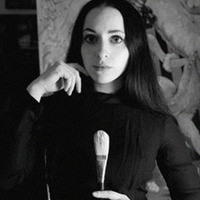Sam Knight is a London-based staff writer for The New Yorker. His new book is The Premonitions Bureau: A True Account of Death Foretold.
“I had a kind of working definition of what a premonition was when I was writing this book, which is: It's not just a feeling. It's not just a hunch. It's just not like a sense in the air. It's like, you know. You know, and you don't even want to know because you can't know and no one's going to believe you that you know, but you know. And what are you going to do about it? It's a horrible feeling.”

